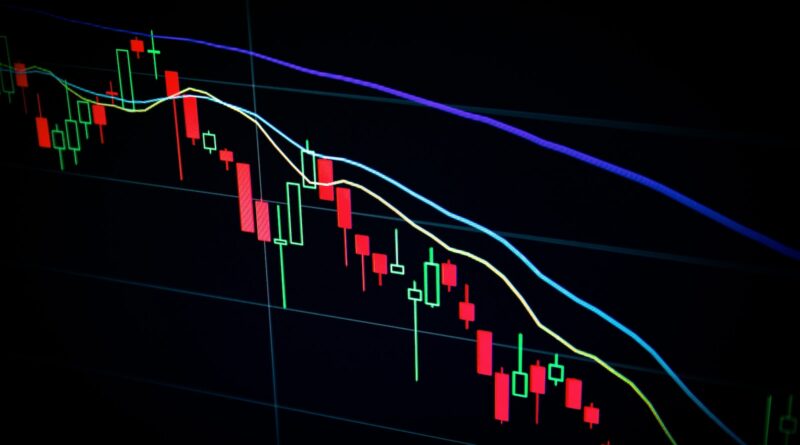What is a decentralized crypto exchange?
A decentralized cryptocurrency exchange (DEX) is a type of exchange platform that allows for the exchange of digital assets in a peer-to-peer manner without the need for a central authority or intermediary. This means that trades are conducted directly between users, with no centralized third-party controlling the exchange process.
From an economist’s perspective, the key feature of a DEX is its decentralization. Traditional centralized exchanges are controlled by a single entity, which means that they can act as gatekeepers, imposing fees and limitations on users. In contrast, a DEX operates as a decentralized network, with transactions conducted over a blockchain-based system that is managed by a decentralized network of users.
 Decentralization is the key advantage of DEXs, as it eliminates the need for intermediaries and central authorities, thereby reducing transaction costs and increasing efficiency. This is because intermediaries typically charge a fee for its services, and they may also introduce delays in transaction processing times. By removing intermediaries from the exchange process, DEXs allow users to trade assets directly with one another, which can result in lower fees and faster transaction times.
Decentralization is the key advantage of DEXs, as it eliminates the need for intermediaries and central authorities, thereby reducing transaction costs and increasing efficiency. This is because intermediaries typically charge a fee for its services, and they may also introduce delays in transaction processing times. By removing intermediaries from the exchange process, DEXs allow users to trade assets directly with one another, which can result in lower fees and faster transaction times.
Another benefit of DEXs is that they are generally more secure than centralized exchanges. This is because centralized exchanges are vulnerable to hacks and other types of cyberattacks, which can result in the loss of user funds. In contrast, DEXs are built on a decentralized blockchain network, which is much more difficult to attack or compromise. Additionally, DEXs typically allow users to maintain control of their private keys, which means that users retain full control over theyr assets and are not subject to the risks associated with trusting a third party to safeguard their funds.
One potential drawback of DEXs is that they may not be as liquid as centralized exchanges. Liquidity refers to the ease with which an asset can be bought or sold without affecting its price. In a decentralized system, it may be more difficult to find a counterparty for a trade, which could result in slower transaction times or higher bid-ask spreads. However, many DEXs have implemented mechanisms to address liquidity issues, such as automated market makers (AMMs) that use algorithms to match buyers and sellers.
Another potential issue with DEXs is that they may be more susceptible to market manipulation. In a decentralized system, it may be easier for large players to manipulate prices by placing large orders or engaging in other forms of market manipulation. However, DEXs have implemented various measures to combat these issues, such as decentralized governance models that allow users to vote on important decisions and protocols that are designed to prevent market manipulation.




